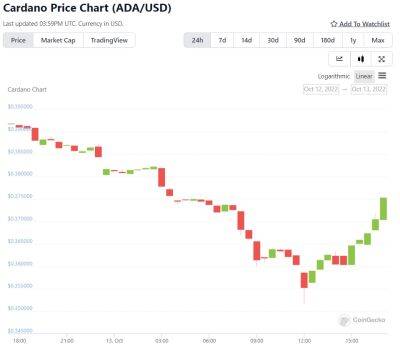Should I pay off my student loan and use spare cash to overpay my mortgage?
Q I have a two-bedroom house in a desirable city. The property is worth more than £300,000 and I have a mortgage of £168,000. I recently discovered that I only have about £5,000 left on my student loan, which I pay £264 a month towards. I’m wondering whether it is worth paying this off and then overpaying my mortgage each month? I’ve just remortgaged and the interest rate has gone up. However, I know the student loan is a low interest rate, and potentially I’d be better paying £5,000 off my mortgage. If I don’t pay off the rest of my student loan, I will pay it off in 18 months anyway.CB
A If you have spare £5,000 hanging around, you would definitely be better off using it to bring the amount of your mortgage down to £163,000, which also has the effect of reducing your monthly mortgage repayments. With a mortgage or other loan, the amount you owe and the interest rate you pay always has an impact on what you repay each month. But with a loan from the Student Loans Company, it makes no difference whatsoever. The amount you repay when you have a student loan is linked to your earnings. If you earn less than £27,295 in the 2022-23 tax year, you don’t have to make any repayments. If you earn more than that repayment threshold, you pay 9% of your earnings above £27,295 (divided by 12 to give the monthly amount you have to pay).
Because repayments are linked to earnings with a student loan, making a partial repayment has no effect on the monthly repayments. If you paid off £2,000 of your remaining £5,000 loan, for example, your monthly payments would remain at £264 even though the balance would have gone down to £3,000. Your monthly repayment would change only if your earnings went up or down. The student loan is also unusual in
Read more on theguardian.com




















